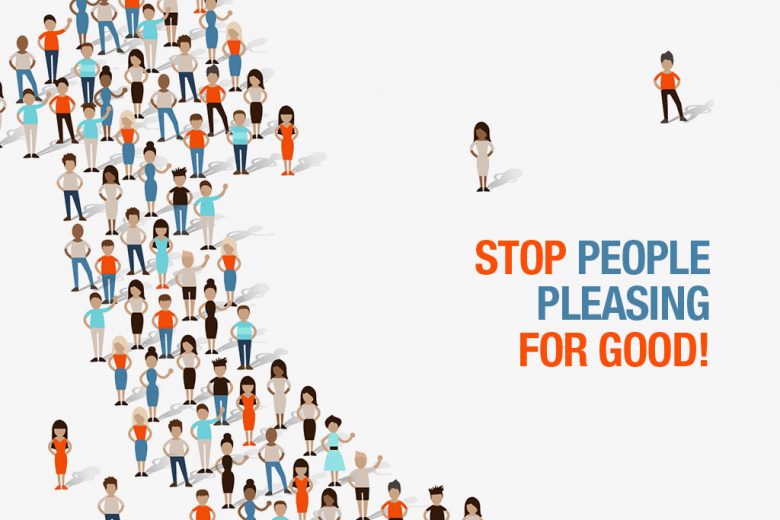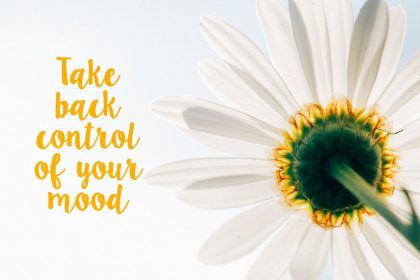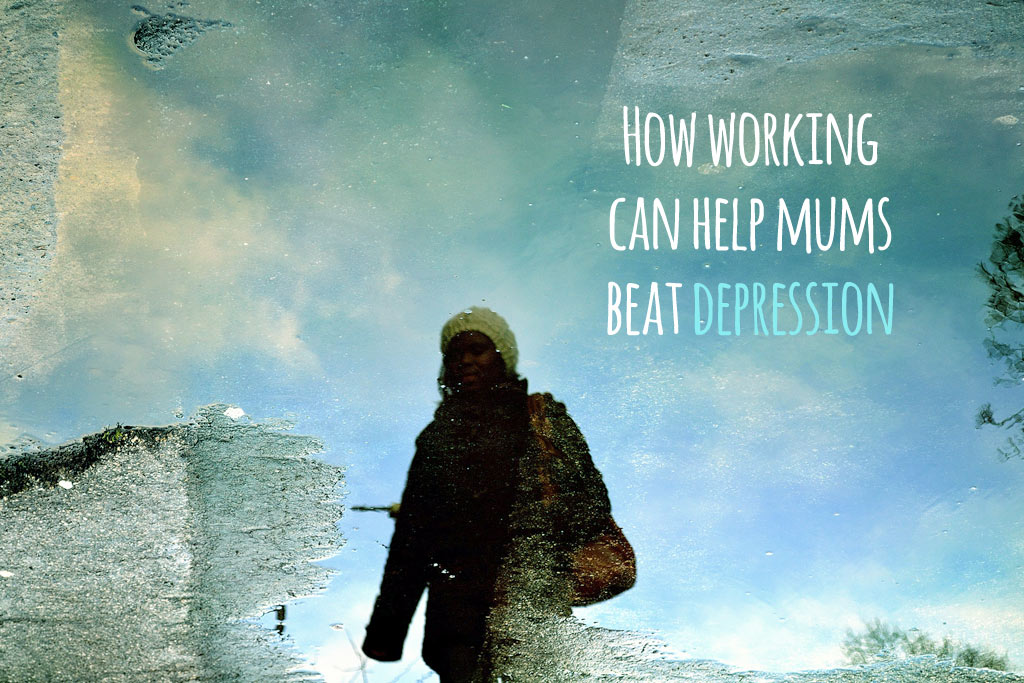Three powerful tips to free you from people pleasing
Are you sick and tired of being a people pleaser? Of putting everyone else’s needs (and feelings) before your own? Read three powerful tips to free you from people pleasing.
Over the past two weeks, Katie Phillips from Daring & Mighty has explained how people pleasing could be ruining your life, and shared her own story of co-dependency.
This week, she reveals three powerful tips to free you from the habit of people pleasing for good.
Are you a people pleaser?
If you answer ‘yes’ to any of the questions below, chances are you are a people pleaser. But don’t worry – it’s just a habit of behaviour, and habits can be broken. Here are the questions:
- Your happiness depends on whether everyone around you is happy and approving of you, no matter the cost to your own wellbeing.
- You feel the need to fix everyone.
- You feel damaged and not good enough.
- You need to be perfect all the time.
- Happiness and peace is meant for others, not you.
- Your emotional ups and downs make you crazy.
- Focussing on others has meant you have lost your sense of self.
- You have anger bubbling under the surface most of the time.
- You have obsessive thoughts and a very loud inner critic which is tiring you out.
- You say yes when you mean no. A lot!
Please don’t freak out after answering these questions! If you don’t like a certain behavioural trait, you can change it. And, it’s important that you know you are not the trait. It’s just a behaviour, it isn’t WHO you are.
Three tips to help you stop people pleasing for good
Through my own experience, I have discovered three tips that will help you to quit people pleasing for good.
1) Learn how to say NO!
So many women complain to me that they can’t say no. If that sounds like you, you have probably become a ‘yes’ person because you feel guilty about saying no.
Understanding the reason for the guilt could help you enormously to take a stand for your no rather than surcumb to a reluctant yes.
Your guilt probably stems from your childhood need to please mum and dad. From the day you were born until you turned approximately seven years old, you did whatever you could do to secure the attention (and hopefully the love) of your parents to guarantee your survival.
If you had their attention, your survival instinct told you that they would do whatever was required to keep you alive. Often, to secure their attention you learned to model their behaviour – your instinct told you that if you were like them, they would like you.
A child that senses they aren’t pleasing their parents (and so not securing their survival) will feel unsafe in the world. (Despite most parents doing their best, often they can have their own ‘stuff’ going on making them emotionally unavailable, ‘busy’ or worst case scenario, neglectful.)
This child grows to be an adult with a need to please others so that they feel safe in the world.
Saying no to someone means risking they will be let down and that alerts the child in them that they are not safe. The truth is, you are being operated by a conditioned pattern of behaviour.
It isn’t true that you are not safe in the world. It isn’t true that you don’t have an identity without approval. And the truth is you simply can’t please everyone! With that knowledge you can have compassion for yourself and practice saying ‘no’.
Practice saying no
I invite you to practice saying no. In fact, make a point to say no as often as possible every day for the next week. Make a private game of it. If people have become used to asking you for help and support then they simply are not in the habit of looking elsewhere for support or even of helping themselves.
Remember, as you step away, you could be enabling someone to help themselves which is far more powerful than any help you could provide.
Of course, there is a degree of common sense to be applied to this homework. It isn’t wrong to help others. It’s a beautiful thing to do and community relies on the joining of forces. I simply urge you to say ‘no’ when no is your truth.
Start to notice how often you are put in a position of having to answer yes or no and make a concerted effort to say no as much as you can this week. Notice the results. Notice what happens. And importantly, notice how you feel as a result!
I bet you will be surprised at how un-frightening it really is to take a stand for your no! And I hope you will feel empowered and liberated each day you practice this.
2) Get to know yourself through journalling
Every single client of mine benefits massively from a regular journaling practice because it’s the fastest route to knowing yourself and if you are a people pleaser, getting to know yourself is a brand new experience that requires nurturing and routine.
Here’s a great three-step process you can use to guide your own journaling practice:
- Brain dump – this is a very loving thing to do for yourself because the clutter in your mind is very self harming. Dump your ‘to-do’ lists, endless thoughts and mental chatter onto the page. Dump it all out and be rid of it. Often when you write all the nasty things you are saying to yourself (all the self doubt, the worries about what others are thinking etc) you can see it for what it is – unkind and a lie!
- Gratitudes – write at least 10. Create an attitude of gratitude and start to witness what you HAVE rather than the habit of focusing on what you don’t have or what’s going on for other people. When you are trapped in the angry land of the martyr, it’s so easy to forget all that’s great in your life. Start with simple stuff (house, car, child, food on table) and let it grow day by day so that you start attracting in miracles.
- Ask a question – literally write down a question that you desire to be answered. Direct it to your Spirit and allow the magic to flow! Allow yourself to free-write. Don’t think too much. Just allow your pen to download your thoughts and feelings and watch what happens. It’s a beautiful practice to connect with your inner guide and allow your own wisdom to come through.
3) Forgive yourself!
Too often we beat up on ourselves and judge our every thought, word and deed. Give yourself a break! People pleasers tend to be rather addicted to being perfect. News Flash – you are not perfect and will never be.
Now, I know you ‘know’ that but I invite you to feel into the truth of it. You are a perfect spiritual being. You are not a perfect human being. Allow your imperfections. I invite you to love all parts of you – dark and light. Have self forgiveness become a daily intention and practice some loving mantras like:
- “I choose to be kind to myself today.”
- “I am good enough.”
- “I am always doing my best.”
- “I can forgive myself.”
The thing with personal development and healing is that you have to apply it. You have to do the work. No-one else can do it for you. So, the tips I have shared with you will only begin to change your life if you start to put them into practice. And, healing from people pleasing takes practice.
You have spent the last 20, 30, 40 years behaving a particular way so I really invite you to be really kind and compassionate towards yourself as you practice the new tools I have shared with you. Remember, you are not to blame for the way you have been and you get to choose your new path. The key to that new path is loving yourself enough to persist with practicing new behaviours.
If you are ready to achieve life-long lasting change, and ready to stop the relentless need for love, approval and happiness from others, then I would like to invite you to watch my FREE three-part video training series to kick-start your healing from co-dependency.
This is just the start
The three tools I have shared above only just scratch the surface of what is available to you.
Healing from co-dependency requires healing family dynamics, transforming your deepest belief systems and re-programming your self-sabotaging behaviours and childhood conditioning.
It is also about learning to connect to your spirit and your truth. Getting to know who you truly are by identifying your values and desires. It’s about learning how to set healthy boundaries and have authentic conversations that enable you to get your needs met.
Learning how to care for yourself and how to balance out the needs of yourself and others is a major part of healing from co-dependency. Developing daily rituals and practices, affirmations and mantras will also support holistic healing from people pleasing.
Katie Phillips is the founder of Daring & Mighty, an organisation committed to sharing the importance of having a healthy, loving and conscious relationship with yourself.










